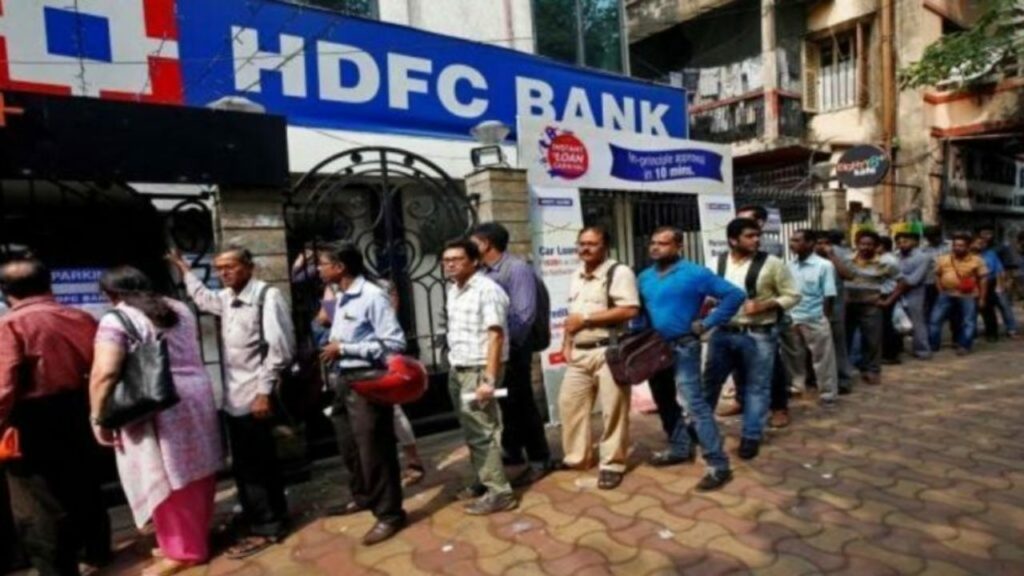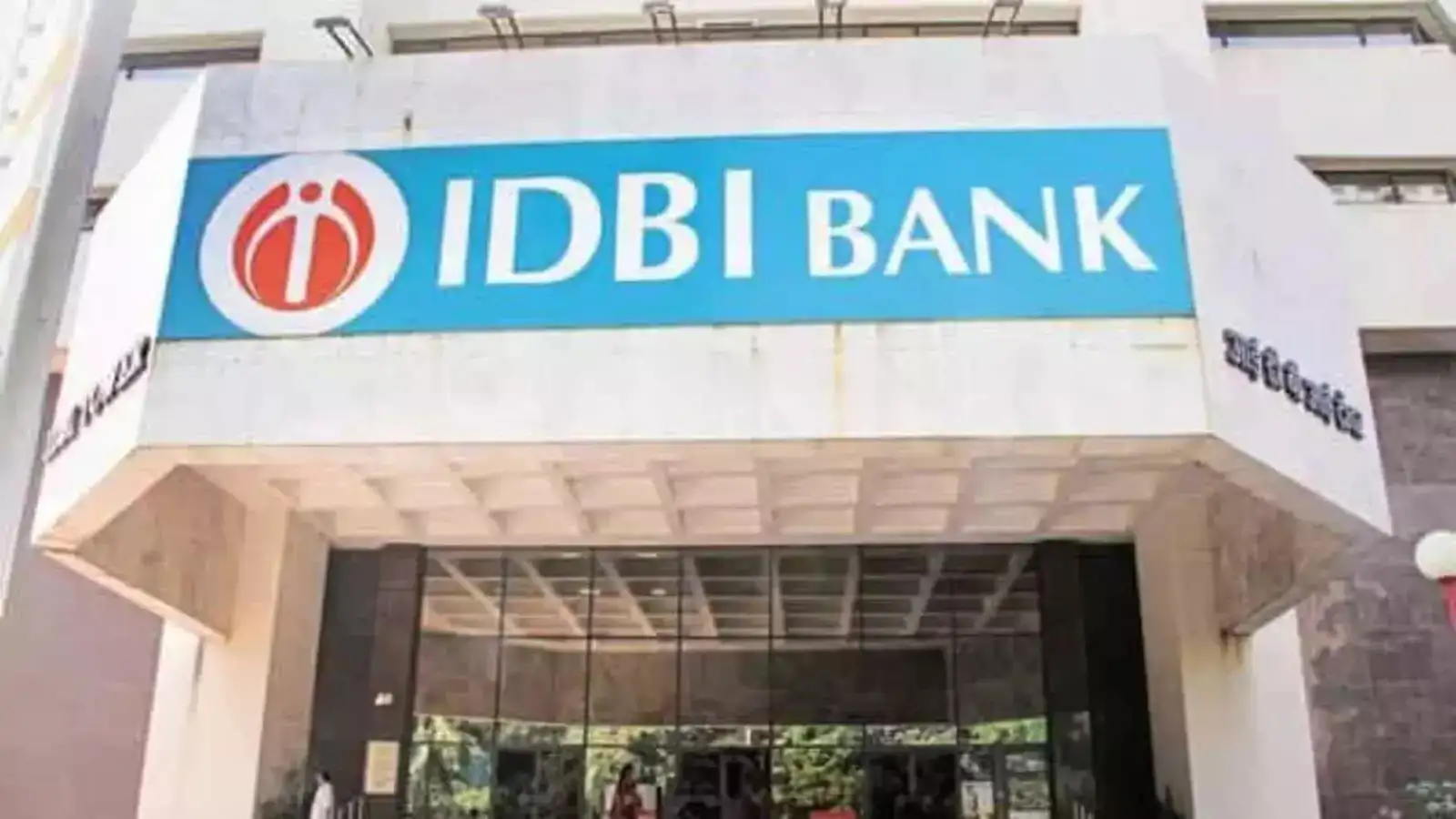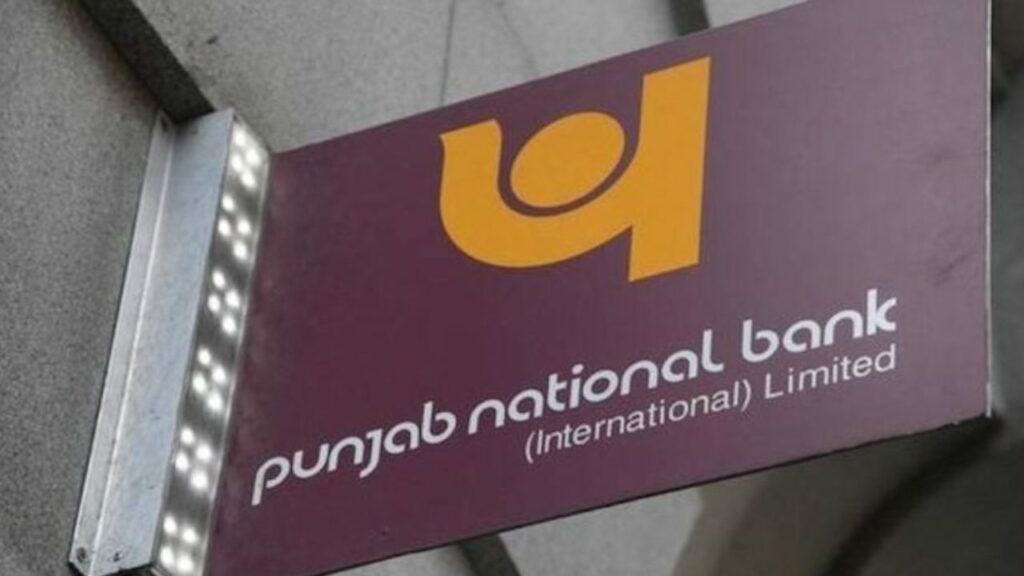After several reports emerged that the personal information of nearly 6 lakh customers of HDFC Bank was allegedly leaked on the Dark Web, the bank has said there has been no such incident.

According to Privacy Affairs, which reports on data privacy and cybersecurity research, the customers’ data was posted on the hacker forum which “appears to be genuine”.
HDFC Bank issues statement
Taking to Twitter, HDFC Bank said, “There is no data leak at HDFC Bank and our systems have not been breached or accessed in any unauthorised manner.
We remain confident of our systems. However we treat the matter of our customers’ data security with utmost seriousness and we continue to.”
Available for free
A user leaked 7.5GB of HDFC Bank data for download on a well-known underground hacker forum, the media has reported.
There is no payment required to download the data, which means the hacker is not really selling the data; in fact, he is giving it away for free.
Data up for grabs
The hacker claims that the leak contains the following information belonging to HDFC Bank users:
- Full names (with middle name included)
- Date of birth
- Age
- Phone Numbers
- Personal Email
- Work Email
- Marital Status
- Gender
- Residence Address
- Permanent Address
- Pincodes
- City
- State
- Employment Information
- Loan Information
- Transaction methods
- Credit Scores
- Experian Scores
- LOS ID (Internal Software)
- Loyalty Card numbers
and other miscellaneous things.
Recent developments
The hack apparently took place just recently in early March 2023, and contains data from May 2022 to March 2023.
On Monday, several Twitter users tweeted about outages, failed transfers and even scam messages on the official HDFC Bank mobile app.
There has also been a surge in spam bank text messages lately.
‘Too big to fail’
It should be noted that SBI, ICICI Bank, and HDFC Bank continue to remain in RBIs lists of Domestic Systemically Important Banks (D-SIBs).
In simpler terms D-SIBs are banks whose failure can impact the entire financial system and create instability.
That is why banking regulators like the RBI put them on a list of lenders that are too big to fail.













